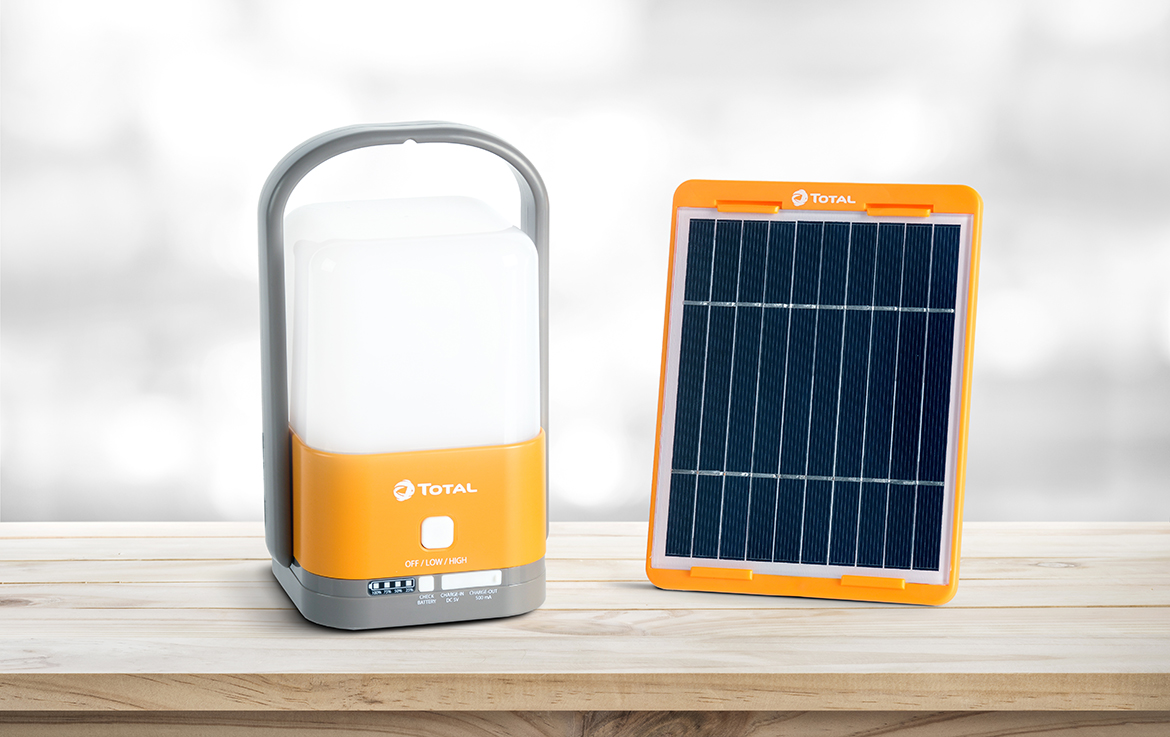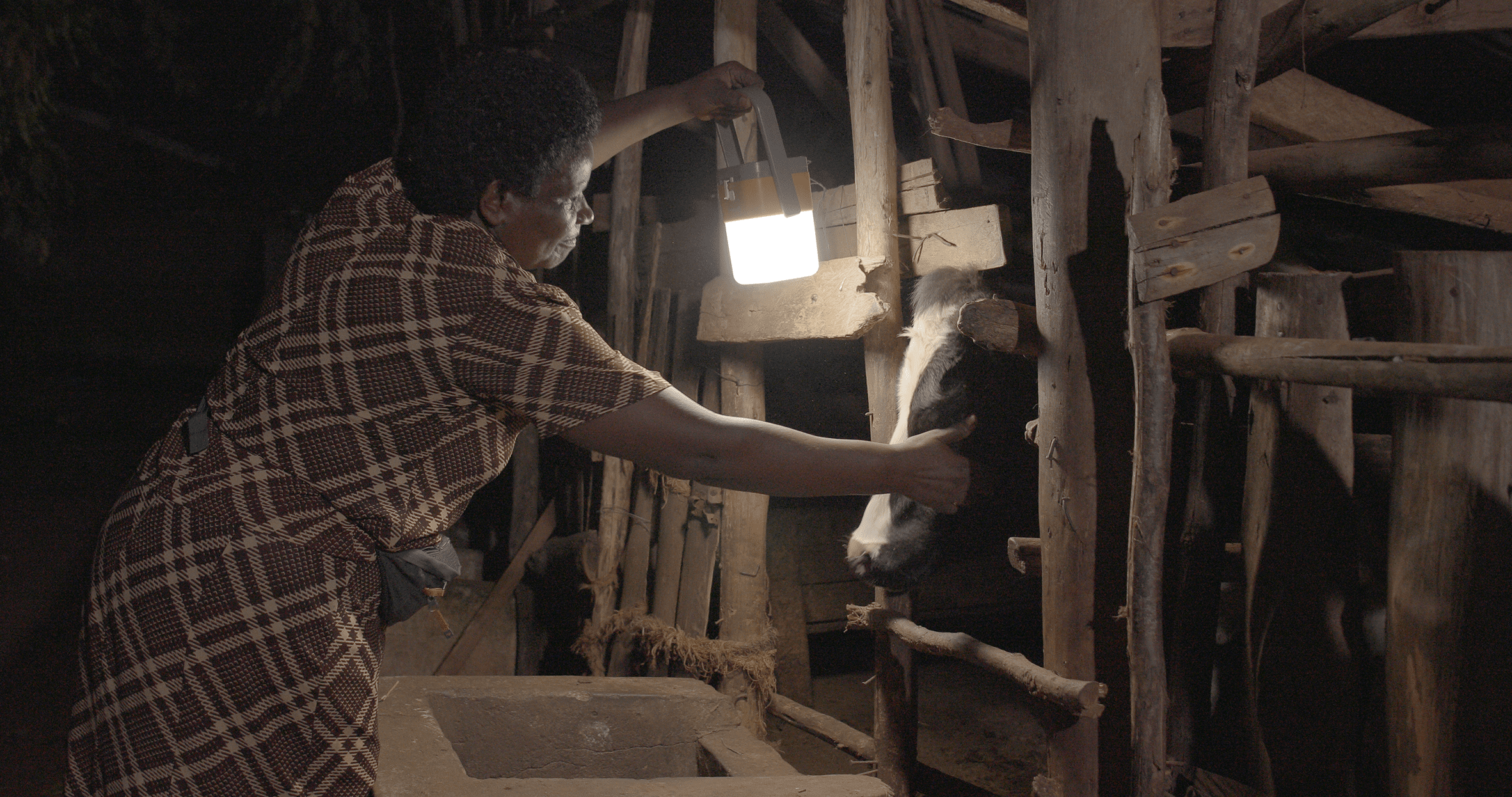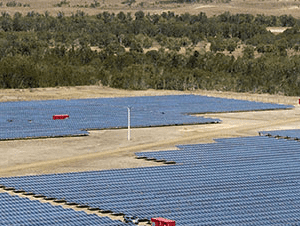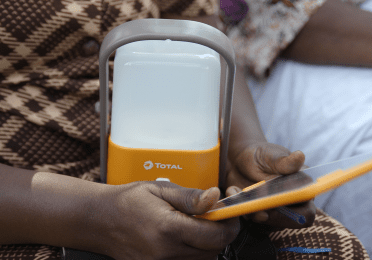Becoming the responsible energy major: an ambition that goes hand in hand with sustainable growth
TotalEnergies is an integrated energy group and one of the world’s largest. Through its international presence and its activities, TotalEnergies’s goal is to make its development a vehicle of progress that benefits as many people as possible and be a driving force of positive change for the societies and territories where it operates.
The United Nations, which adopted in 2015 the 17 Sustainable Development Goals (SDGs) originally aimed for States, have called upon corporations’ contribution to collectively find solutions to sustainable development challenges. TotalEnergies intends to conduct its activities with a corporate social responsibility approach in line with the Sustainable Development Objectives and is committed to contributing to their achievement by 2016.
The Group has identified the most significant SDGs for its activities in order to focus its efforts on segments where it can make a direct contribution and has structured its responsible development approach in order to make a more significant contribution to SDGs, particularly in terms of access to energy, decent work, human rights and climate change.
What are the Sustainable Development Goals?
Adopted in September 2015, the Sustainable Development Goals (SDGs) define 17 priorities for achieving a better and more sustainable future for all by 2030.
They respond to the global challenges we face, including those related to poverty, inequality, climate, environmental degradation, prosperity, peace and justice. The goals are interconnected and, in order to leave no one behind, it is important to achieve each of them, and each of their targets, by 2030.
Access To Energy Solutions: committed to contribute to SDG 7
Access to energy is a source of progress. It is a condition for economic and social development and for improving people's standard of living. In most countries, and particularly in emerging countries, access to cheap energy is therefore a priority.
The TotalEnergies group's mission is to produce the energy the world needs and to make it accessible to the greatest number of people. The stakes are high: despite the progress made since 2010, 840 million[1] people still do not have access to electricity. This mission must be carried out responsibly, in particular by working to provide an effective response to the challenge of climate change.
Access To Energy Solutions, which is dedicated to developing an energy access offering for emerging countries, is making a full contribution to Sustainable Development Goals No. 7: Ensure access to affordable, reliable, sustainable and modern energy.
« Decentralized solutions are the cheapest way to provide electricity to more than half of the population with access by 2030 »[2]
According to the International Energy Agency, decentralized solutions as a whole are the cheapest way to provide energy to more than half of the population. This is particularly the case in rural and remote areas of African countries, where many people are still deprived of access to electricity.
In order to contribute to this objective, TATES is developing a range of decentralized solutions that meet the energy needs of populations in emerging countries and contribute to the fight against climate change. From kits to solar street lamps, our solutions meet the ever-changing needs of individuals and communities.
The distribution channels used are both TotalEnergies's traditional service station networks and so-called last mile networks, built with local partners to bring these solutions to remote areas. Reseller networks are set up and economic programs developed with the support of external partners to recruit and train young solar resellers.
Since 2010, more than 3.5 million solar solutions have been distributed and 37,000 people have been trained
Our commitment to Sustainable Development Goals
The Energy Access Programme contributes significantly to Sustainable Development Goal 7. The Access To Energy Solutions team has also identified the following SDGs on which our activities have an indirect impact:
Goal 1 «No poverty»: ensuring that an essential, low-cost service is provided to as many people as possible.
Goal 2 «Zero Hunger»: by contributing through our incubations to develop solutions that improve farmers' productivity. Discover the incubated projects: Sunny Irrigation, Solar Freeze.
Goal 3 «Good health and well-being»: by providing a safe, low-carbon alternative to traditional energy sources - which give off harmful fumes and cause fires.
Goal 4 «Quality education»: by allowing children to continue studying after nightfall.
Goal 8 «Decent work and economic growth»: by developing our distribution networks and recruiting Solar Managers. Since 2010, 37,000 people have been trained to sell solar solutions.
Goal 10 «Reduced inequalities»: reducing inequalities in access to essential services and access to education by providing access to reliable and affordable energy.
Goal 13 «Climate action»: by offering low-carbon solutions, replacing high-carbon energy sources (biomass, kerosene lamps, etc.).
[1] Source: Data and projections by the International Energy Agency (IEA)
[2] Source: Energy Access Outlook 2019 published by the International Energy Agency (IEA).







